The IRS Form 1023 Deep Dive: Avoiding Common Pitfalls in Your Application
Navigating IRS Form 1023: Key Mistakes Nonprofits Should Avoid
Applying for 501(c)(3) status is a significant step for any nonprofit in California. The IRS Form 1023—the Application for Recognition of Exemption—is central to this process. However, due to its complexity, many organizations encounter costly errors that delay approval or even lead to denial. At Daryl Reese Law Group, we assist California nonprofits in preparing accurate and strategic Form 1023 applications that meet all IRS requirements.
Why Form 1023 Matters
IRS Form 1023 is the application required for an organization to be recognized as a tax-exempt public charity. Once approved, your nonprofit can receive tax-deductible donations and become eligible for federal and state grant opportunities. This tax status also boosts your credibility with donors and community partners.
Common Mistakes When Filing Form 1023
1. Incomplete or Vague Narrative Descriptions
The narrative description in Part IV is critical. The IRS uses this section to evaluate whether your nonprofit’s activities align with exempt purposes. Vague or overly broad descriptions can trigger delays or requests for additional information.
2. Misunderstanding Public Charity Status
Organizations often misclassify themselves when completing Schedule A. Selecting the wrong public charity category can lead to incorrect assumptions about ongoing reporting requirements.
3. Failing to Properly Disclose Compensation
Part V of Form 1023 requires you to disclose compensation arrangements for board members and key employees. Incomplete or unclear disclosures can raise red flags and trigger IRS scrutiny.
4. Not Addressing Private Benefit Concerns
Your organization must avoid conferring excessive benefit to insiders. Failing to explain how you’ll prevent private benefit can result in denial of tax-exempt status.
5. Skipping Required Attachments
The IRS requires several attachments—such as organizing documents, conflict of interest policies, and detailed financial information. Omitting any of these can cause delays or automatic rejection.
Tips for a Successful Form 1023 Application
- Be Thorough and Precise: Provide detailed, clear, and honest answers in all sections.
- Consult with Legal Counsel: An attorney experienced in nonprofit law can help you navigate tricky questions and compliance standards.
- Review the IRS Instructions Carefully: While lengthy, these instructions provide insight into what the IRS expects for each section.
- Stay Current on Legal Requirements: Make sure your bylaws and articles of incorporation are compliant with federal and California law.
- Use IRS Form 1023-EZ Only When Appropriate: While easier to complete, the EZ version is only available to small nonprofits meeting strict criteria.
How Daryl Reese Law Group Can Help
Our firm works closely with nonprofit organizations across California to ensure their Form 1023 submissions are complete, compliant, and positioned for approval. We help draft precise mission statements, review governing documents, and guide clients through every phase of the application process. With our support, your nonprofit can move forward confidently toward its mission of public good.









